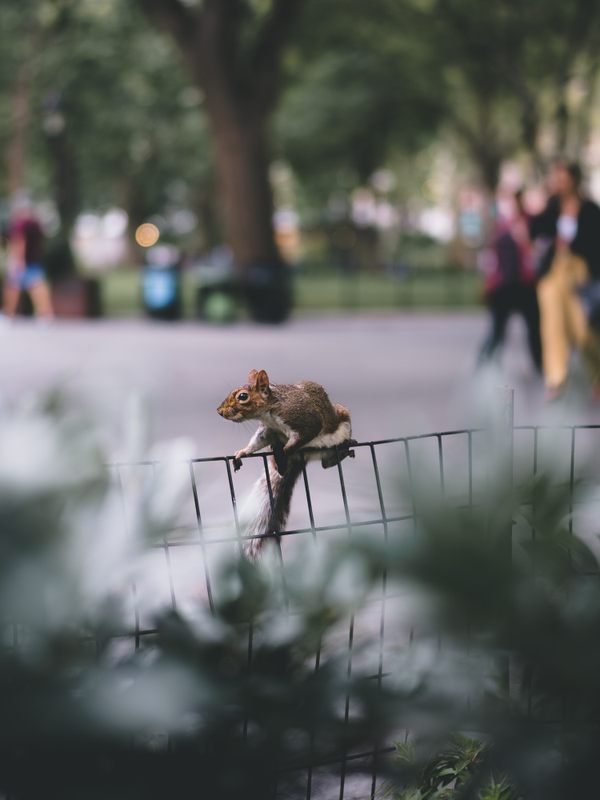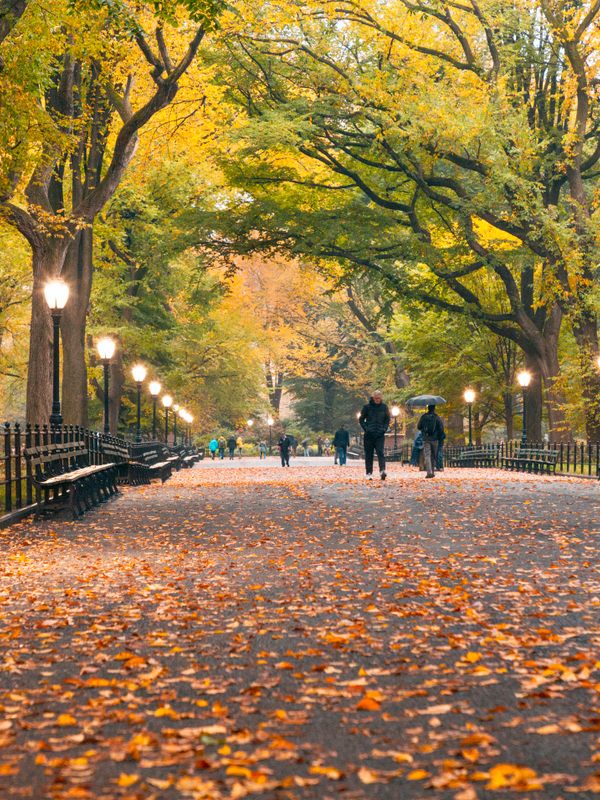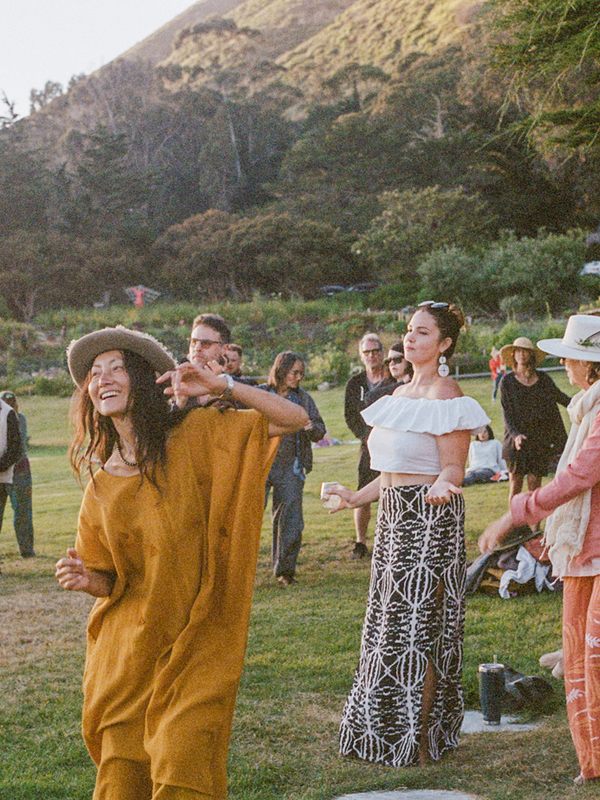



This course has already started! However, you can still join if you’d like to (and we hope you will!). Students enrolling after the course start date and time will have access to a recording of the first session (which will be emailed to participants within 72 hours) as well as the option to attend remaining sessions live. Please select the “Join Late” ticket type to enroll after the course has begun.
In this three-part lecture series, we'll draw from principles of botany and ecology to build a better understanding of the plants, animals, and ecologies of urban and suburban environments.
Course Description
Living in a city doesn’t mean living apart from the natural world. The urban environment is full of secret (and not-so-secret) ecologies of its own, with opportunities to connect to nature in surprising and enriching ways. In this three-part intensive led by Annie Novak, learn how to explore the astonishing ecosystems tucked away in the concrete jungle using skills drawn from botany, ecology, phenology, and more. From the densely urban to the sprawling suburban, learn to read and build relationships with the plants, animals, and ecologies in your backyard or at the bus stop.
This course is open to wayfarers and landscape-readers of all levels; no prior experience is required. Recommended companion class: How to Read a Landscape: Botany and Ecology With Annie Novak.
Syllabus at a Glance
This course includes three total sessions, each lasting for 1.5 hours on three consecutive Thursdays beginning March 9.
Session 1 (Thursday, 3/9, 6:30–8 PM ET)| The Urban Environment: Tools and techniques
In this session, we will define foundational terms and explore the tools and techniques we'll use to discern and contextualize ecologies in urban and suburban environments.
Session 2 (Thursday, 3/16, 6:30–8 PM ET)| City Naturalist: Uncovering the historic environment embedded in the contemporary landscape
Using one city as an example, we'll explore a landscape through time, connecting the preexisting to the modern urban landscape with a focus on animal and plant populations, and the role of hydrology and geology in urban development.
Session 3 (Thursday, 3/23, 6:30–8 PM ET)| Understanding the Anthropocene: Defining sustainable cities and suburbs from a landscape perspective
We'll explore the concept of sustainability with an emphasis on urban/suburban plant and animal ecologies. We'll also focus on the sensory experience of cities—from smell and sound to using visual cues to understand circadian rhythms and seasonal lifecycle patterns.
Pricing Options
This course is available at three ticket prices. This tiered pricing model is designed to increase access for a wider range of students as well as to support our instructors. In addition to tiered tickets, we offer a limited number of no-pay spots for students who would not otherwise be able to take this course. No-pay spots are selected via a randomized drawing two weeks before each section begins. For more information and to apply for a no-pay spot, please click here. To learn more about our pricing model and randomized selection process for no-pay spots, please visit our FAQ page.
Community Guidelines for Students
Please take a moment to review our community guidelines for students, which aim to share our classroom ethos and help set the stage for the best possible learning experience.
Atlas Obscura Online Courses
Atlas Obscura Courses offer opportunities for participants to emerge with new skills, knowledge, connections, and perspectives through multi-session classes designed and taught by expert instructors. To learn more about our current course offerings, please visit www.atlasobscura.com/online-courses. For answers to commonly asked questions, check out our FAQ page here.
Founded in 2009, Atlas Obscura created the definitive community-driven guide to incredible places across the planet and is now an award-winning company that shares the world’s hidden wonders in person and online.
Once registered, you’ll receive a confirmation email from Eventbrite that will provide access to each class meeting. Please save the confirmation email as you’ll use it to access all sessions of your course via Zoom.


Annie Novak is the founder and director of Growing Chefs, field-to-fork food education program; the Manager of the Edible Academy at the New York Botanical Garden, and co-founder and farmer of Eagle Street Rooftop Farm in Greenpoint, Brooklyn in partnership with Goode Green and Broadway Stages. She is the author of The Rooftop Growing Guide: How to Transform Your Roof into a Garden or Farm, published by Ten Speed Press.
This lecture series is designed so students can participate live or watch a recording of each session, after it airs, at a time that is convenient for them. Sessions will take place live over Zoom, with dedicated Q&A segments for students to ask questions via video or chat. Within 72 hours after each session meets, students will receive access to a recording of the live session, which they can watch for up to two weeks after the course concludes.
Instructors may use Google Classroom to communicate with students outside of class. While students aren’t required to use Google Classroom, instructors may use this platform to post resources, discussion questions, or assignments. This platform also offers a space for students to connect with one another about course material between sessions.
We provide closed captioning for all of our courses and can share transcripts upon request. Please reach out to us at experiences@atlasobscura.com if you have any questions, requests, or accessibility needs.











